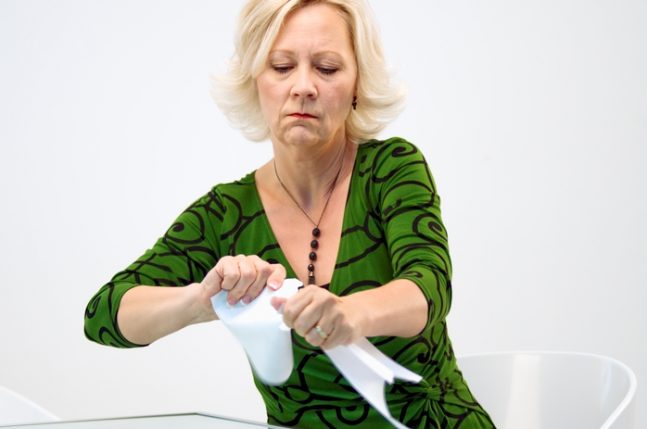
Once a Will is written, signed and witnessed it becomes a valid legal document and will remain in force until the testator formally changes or revokes it. The revocation of Wills in South Australia can occur in a number of different ways under the provisions of the Wills Act, 1936 (SA) or by common law principles.
The ambulatory nature of a Will means that the Will can be changed or revoked during the Will maker’s lifetime as often as the Will maker desires. A Will does not stop operating and it does not change to meet any altered circumstances of the Will maker, these must be addressed by preparing a new Will or revoking the current one (Wills Act, 1936 (SA) s 21).
There are a few exceptions to the above – the only circumstances that revoke a Will automatically are when a person marries (soon to include same sex marriage), commences a registered relationship or divorces. (A registered relationship means a relationship that is registered under the Relationships Register Act, 2016).
Revocation of Wills by Marriage
Marriage and registration of a relationship will automatically revoke a Will unless the Will was made in contemplation of the marriage or registration which in that case must be clearly stated in the Will i.e. that the testator was planning to marry or register at the time of making the Will and the Will is made with this in mind. When instructing your estate lawyer it is important to let her know that you are contemplating marriage.
Effect of Divorce on Will
A divorce or annulment of marriage or the ending of a registered relationship nullifies any bequest to a former spouse/partner or appointment of the former spouse/partner as executor unless it is specifically stated otherwise in the Will. It is therefore important to make another Will as soon as possible after the issue of a decree nisi in the divorce process. Arguably a Will could be made ‘in contemplation of divorce’ where you still want your ex-spouse to act as your executor or to receive a benefit from your Will. You can speak to a Wills or separation lawyer Adelaide if you have questions.
Revocation of Wills
If a testator wants to replace or stop a current Will from operating the current one needs to be revoked. The easiest way is to make a new Will however to prevent any uncertainty of the testators intention the new one should include a revocation clause cancelling the earlier Will. If the new Will is in addition to the existing Will then it is vital that the new Will specifically recognise the existence of the current Will and make a statement that the new Will does not revoke the existing Will. This might be important where someone makes a Codicil to an existing Will or makes a second or third Will in relation to assets in other countries. See our article on ‘International Wills‘.
Revocation by Intentional Destruction of Will
You can revoke a Will by simply tearing it up or destroying it however if a new Will is not made to replace the destroyed one the person will die intestate (i.e. without a will) and when the person dies the Estate will be distributed according to the rules of intestacy as outlined in Part 3A of the Administration and Probate Act, 1919 (SA). For more information on intestacy see our articles: ‘Died Without a Will – What Now?‘ and ‘Died Without Will – Distribution of an Intestate Estate‘.
Does Revocation Revive an Earlier Will?
If a testator destroys a Will with the intention of it revoking it does not automatically make an earlier Will valid again. An earlier Will becomes valid and is revived again only if it is re-executed as a formal Will.
For further information please contact Michelle Crichton on 8362 6400 or email Michelle Crichton. Join our mailing list to receive updates and advice on current issues.







